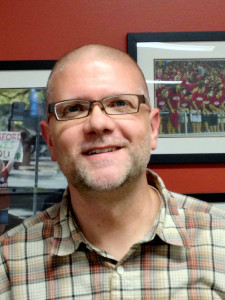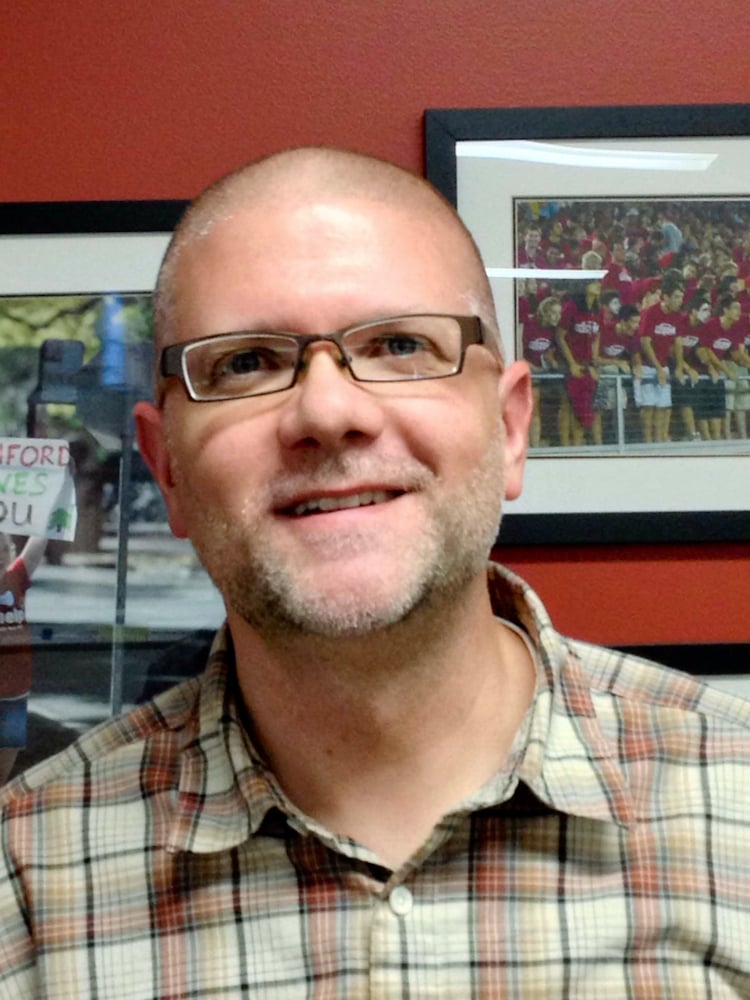
After receiving lower than expected interest from seniors last year, Undergraduate Advising and Research (UAR) is continuing to encourage seniors and juniors to work on a Senior Synthesis grant.
Project applications are received monthly beginning in October and according to Brian Thomas, associate dean of UAR, no students applied last month.
The grant program was first launched in January of last year and Thomas said that he expected more interest last year from seniors. However, after being given a chance to speak with an advisory group of students later that year, he realized there was a different class year attracted to the program.
“They all started thinking earlier than expected, as juniors,” Thomas said. “They saw the end and they had their plans cast.”
However, Thomas said he believes that the outreach and publicity done last year will generate more proposals this year because students have had more time to think about incorporating these projects into their time at Stanford.
Some students have already begun working on their projects, which are meant to allow time to reflect on a substantial amount of academic work and personal experiences at Stanford.
“The kinds of projects we’re supporting are really varied, by nature of the grant itself,” Thomas said.
He explained how one student combined her interest in cosmology with a study of cultural dances.
“We had an STS major who was interested in astronomy and cosmology and (…) she had a serious side interest in dance, and had taken a lot of courses in dance at Stanford, and wanted to cross those two interests,” he said. “The way she did that was to go and study with some dance troupes that were working on a body of work originating in West Africa, that was expressing the origin stories of West African culture.”
For her project, Elizabeth Matus ’14 brought together her academic interests in culture, media and society with her personal experiences living in Synergy.
“I started thinking about the structure of [Synergy] and the activities we do, and how we structure the space that we reside in and how those things have developed and maintained the culture we are living in,” she said.
Matus looked at two different co-ops and two different “eco-villages” this summer, places that are described as intentional communities.
“I was studying at these different sites how the culture of the sites and the social order that’s decided upon and agreed upon is maintained,” Matus said. “I wanted to see how the culture is manifested across different worlds, within older communities and younger communities (…) basically a comparison across these intentional living spaces.”
For Matus’ final project, she is putting together a print publication that will capture her experiences and observations from her summer interactions with these intentional communities.
“I want to be able to describe to someone who doesn’t have the ability to go to these places about the experiences there (…) with stories, pictures, and interviews,” she added.
Matus said she saw the synthesis project as a chance to bring together her life and academics at Stanford.
According to Thomas, every student who receives a synthesis grant is asked to work with a faculty member, but sometimes it can be hard for students to identify who would be best to work with.
“In the research world, it’s clear who your mentor should be: someone who’s working on similar projects and can help you with techniques,” he said. “In a synthesis project, sometimes that’s the best match, but there are other mentors that make sense too. That might include your academic advisor or maybe your pre-major advisor as a freshman – maybe you’ve stayed in touch with (them) and they’ve seen you develop over the four years.”
Matus enlisted Fred Turner, an associate professor of communication, to help with her project.
“I worked with Professor Turner on my project and met with him during the year before my summer doing research,” she said. “He told me what places to look at and what literature to read. He was very encouraging and helped me feel like I was capable of doing what I was doing.”
However, one issue Matus had with her synthesis project was, because she received the grant during its pilot year, she didn’t have anything to compare her progress with.
“I felt like I had a lot of independence and creative license with my project, to come at it organically without worrying too much about the structure of my final piece,” she said. “It’s a blessing and a curse to have the creative license and so many possibilities to take the project and make it something that’s my voice (…) but it’s difficult to gauge whether or not I’m doing a good job.”
Contact Josee Smith at jsmith11 ‘at’ stanford.edu.
